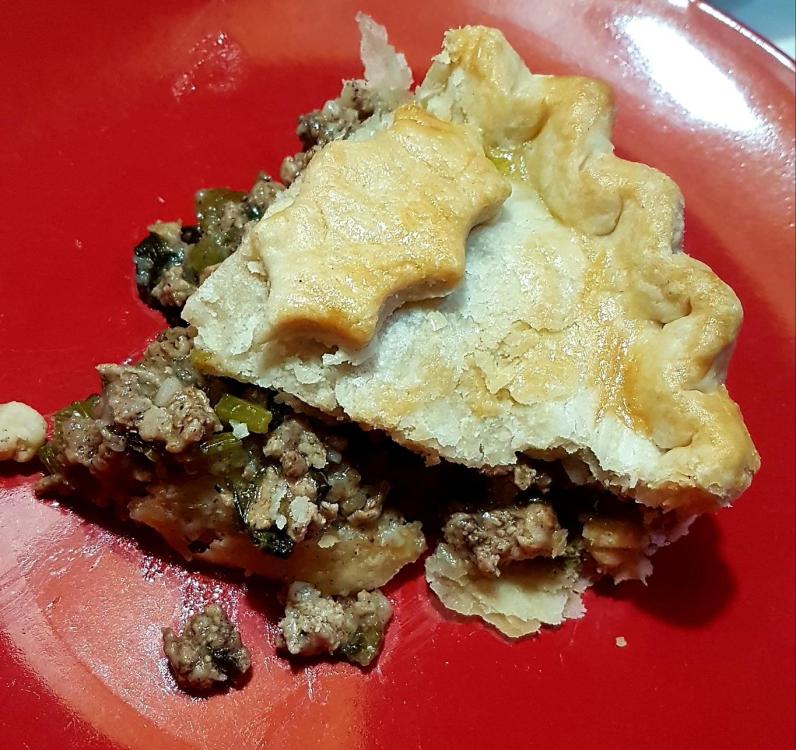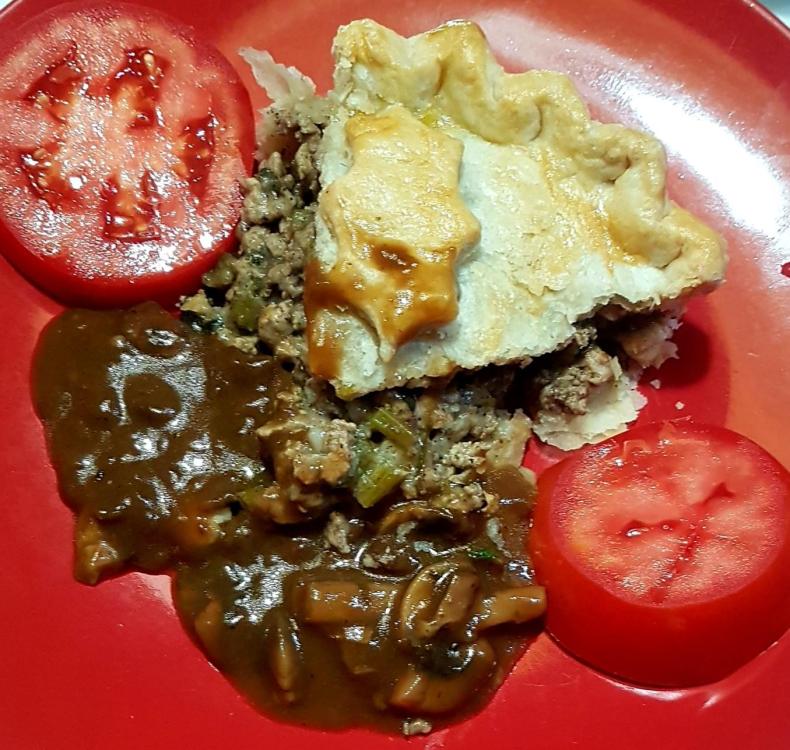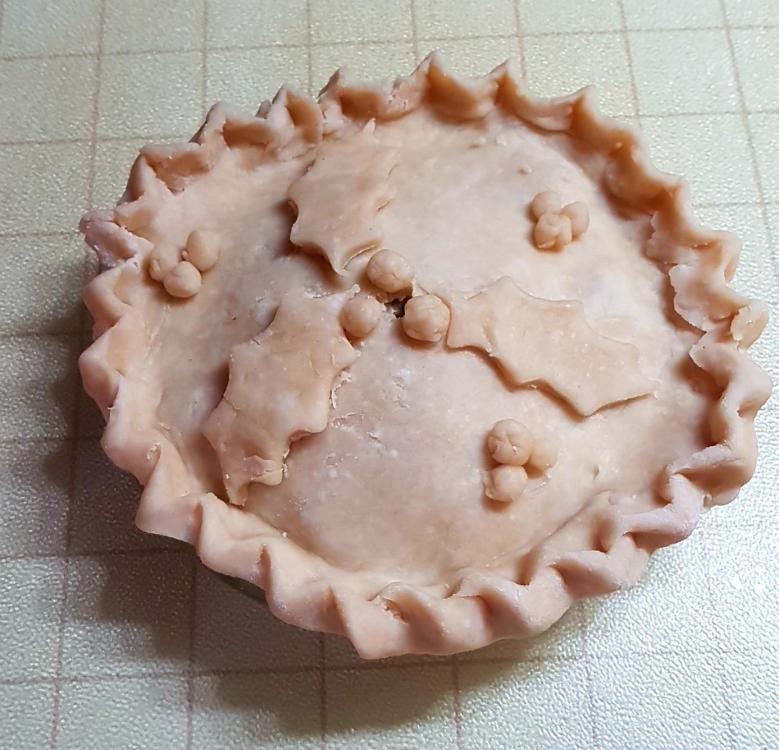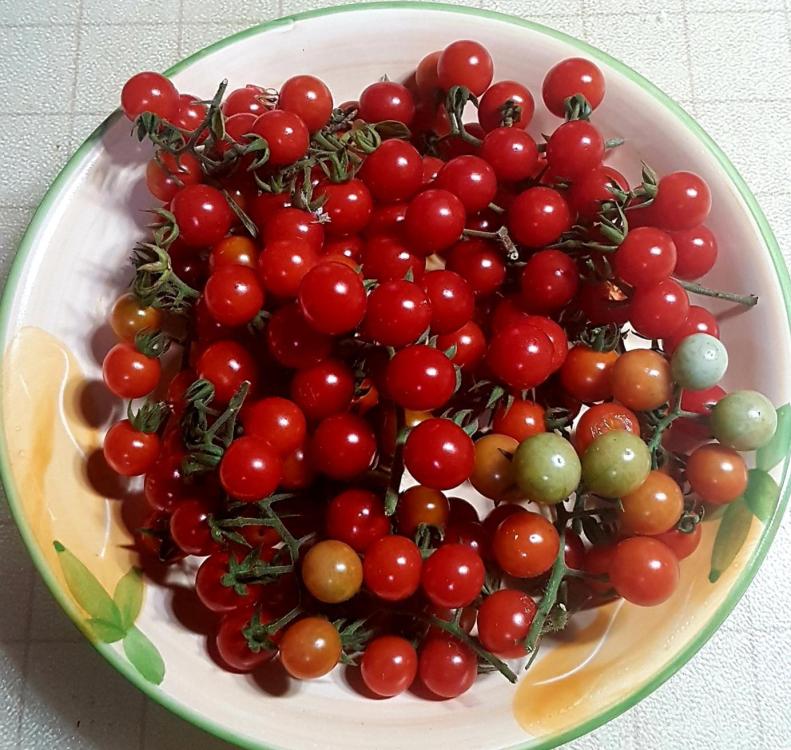-
Posts
3,190 -
Joined
-
Last visited
Content Type
Profiles
Forums
Store
Help Articles
Everything posted by Tropicalsenior
-
Would love to have that glove, but, I kid you not $13.99 FREE Returns $27.65 Shipping & Import Fees Deposit to Costa Rica Details
-
I couldn't agree more. My best microplane is one that I snitched from my husband about 20 years ago. I still have it and it works beautifully. If you want the very best quality microplanes at a reasonable price, look in a woodworking catalog.
-
@liuzhou thank you so much for this series. I am enjoying it immensely. I found it very interesting to read your opinion of Cantonese food. I was recently reading this thread. they talk about the fact that 99% of the early immigrants to the West were Cantonese or Toisanese which would explain why there are so many bad Chinese restaurants in the Americas. Cantonese I am beginning to understand but what is Toisanese?
-
I would just keep on cooking them. They'll get there eventually. If hubby gets hungry, now is the time for a good frittata.
-
It depends on how much time you have. The dry white beans that I get here in Costa Rica are not a big so there isn't a big turnover. I've started making them in my oven. I put them in a glass casserole dish and I use a three to one ratio. Three cups of boiling water to 1 cup of dry beans. I put in about 3/4 of a teaspoon of salt and a quarter teaspoon of chopped celery. Put the whole thing in the oven at 250° to 300° and they cook anywhere from 2 hours to 3 hours. You just have to be patient. You might be able to put your beans in the oven at 300° and just keep checking them at half hour intervals. When they seem like they are close to being done go to 15 minutes. Just make sure that they have enough liquid to cover them well. You don't want too much liquid because that retards the cooking of the beans.
-
I want to know how you got in my kitchen last night.
-
Well I made my annual Christmas tourtieré today. I haven't cut into it yet but it looks pretty good. I hope so because I hate to make pie crust. I'm not good at it so I only do it once a year. Before. After. I plan to have a simple dinner with just mushroom gravy, sliced tomatoes, and watermelon. I hope that everyone had a wonderful Christmas.
-
- 145 replies
-
- 12
-

-

-
-
This struck me as too true to be funny. The price of cooking spray has gone up four times what it was a year ago. I have gone back to the no spray cooking stick.
-
Just had to Google that. It sounds interesting and delicious.
-
Irish coffee is really no big deal to make. Take one cup of good coffee, put in one or two shots of Irish whiskey, flavor to taste with cream and sugar. If you want to get fancy, you can whip the cream before you put it on but it just goes back to being cream when you stir it in. It all depends on whether you want to admire it or drink it. I never heard of putting nutmeg or cinnamon in it. Save that for your cappuccino.
-
I can see it now. The tomato plants that swallowed my house.
-
My food processor has a blade that produces this type of grated cheese. Very coarse. As for Farm style, even Google agrees that this is something specific to Tillamook. I grew up on a farm and I never heard of such a thing. Grated cheese is grated cheese.
-
I'm not a gardener, in fact if anything, I have a black thumb. But I have never seen a tomato plant as big as this. It is grown up and over a wall and if it was stretched out it would be 6 to 8 ft in length. And now it is reseeding itself so I may never buy another tomato as long as I live.
-
I'm not going to have to do that. I checked around the plant yesterday and I already have new little plants coming out from the tomatoes that have fallen down around it. From the looks of it, I'm going to have Perpetual plants.
-
I told Carlos that if these keep producing like this I'm going to send him out on the street selling tomatoes. Maybe I ought to just send him to Canada with them.
-
It's considered taboo now because vegans can't eat it.
-
I don't know where else to put this but they seem to be a gift from some little bird who deposited a seed right outside my back door. The plant has grown to be humongous and this is about my 10th Harvest. There seems to be no end to them. They just keep on keeping on and right now it is full of little green tomatoes and a ton of blooms. At the price that they charge for cherry tomatoes here, that's about $5 worth of tomatoes right there. I'm not complaining.
- 667 replies
-
- 16
-

-

-
I would say spaghetti carbonara.
-
You got that right! How in the name of God can that happen in so many different products?
-
Indeed he was. His term was 10 years before I moved here but he was still talked about. He was quite controversial. Wanted to restore the Army to Costa Rica. Was it by Chance the Grand Hotel in the middle of San Jose, right next to the National Theater? That would have been the most popular tourist hotel at the time.
-
That reminds me of the Campbell's chicken noodle soup that we used to get when I was a kid. We used to have to take turns to see who would get the one piece of chicken that was in it.

.jpg.657587102377d7a8d8c34b2ea0e65e92.jpg)










